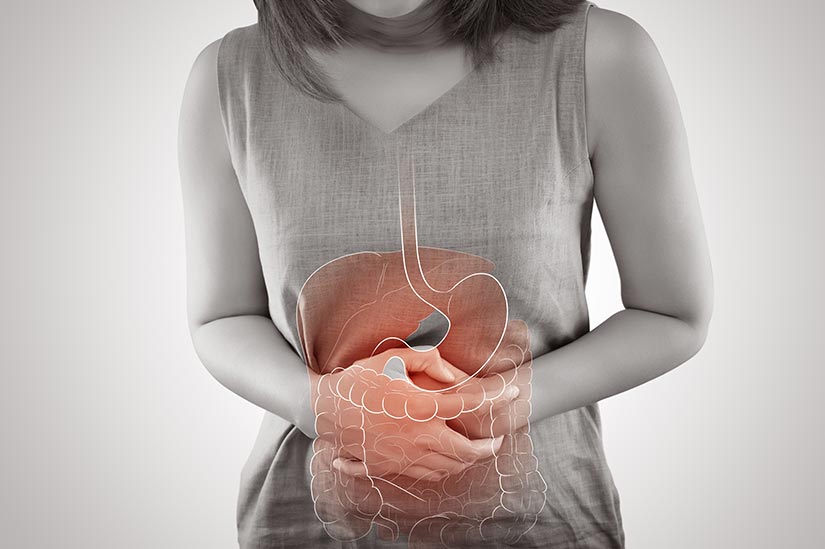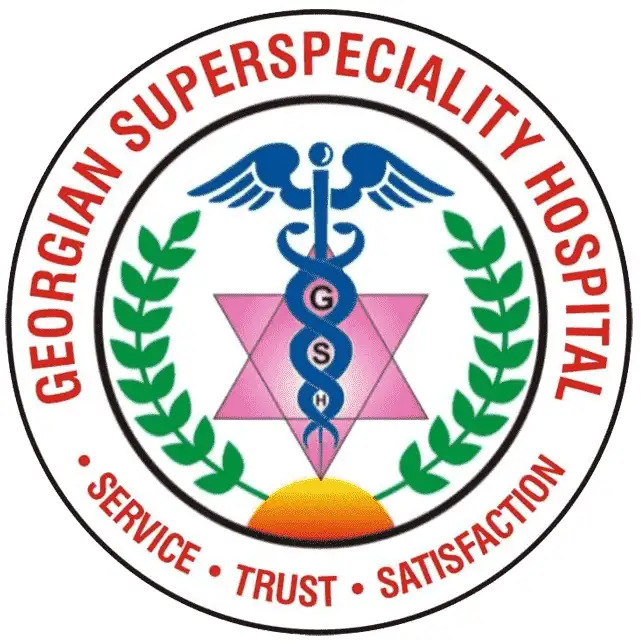Gastroenterology
Gastroenterology is a medical specialty that focuses on the diagnosis and treatment of disorders related to the digestive system, which includes the gastrointestinal (GI) tract and associated organs such as the liver, pancreas, and gallbladder. Gastroenterologists are physicians who specialize in this field and are trained to manage a wide range of conditions affecting the digestive system.
The digestive system is responsible for processing and absorbing nutrients from the food we eat, as well as eliminating waste from the body. Gastroenterologists deal with a variety of disorders and diseases that can affect this system, ranging from common conditions like acid reflux and irritable bowel syndrome (IBS) to more serious diseases such as liver cirrhosis, inflammatory bowel disease (IBD), and colorectal cancer.
In addition to these conditions, gastroenterologists also address issues such as gastrointestinal bleeding, celiac disease, gallbladder diseases, motility disorders, and nutritional problems related to the digestive system. Georgian Superspeciality Hospital in Varanasi

Here are some key areas within gastroenterology:
Diagnostic Procedures: Gastroenterology use various diagnostic tools and procedures to evaluate and diagnose digestive disorders. These may include endoscopy, colonoscopy, sigmoidoscopy, and imaging tests like ultrasound, CT scan, or MRI.
Gastrointestinal Cancers: Gastroenterology play a crucial role in the detection and treatment of gastrointestinal cancers, such as esophageal cancer, stomach cancer, liver cancer, pancreatic cancer, and colorectal cancer. They may perform biopsies, remove polyps, or recommend appropriate treatments like chemotherapy, radiation therapy, or surgery
Inflammatory Bowel Disease (IBD): This term refers to chronic conditions characterized by inflammation in the digestive tract, such as Crohn’s disease and ulcerative colitis. Gastroenterologists work closely with patients to manage symptoms, prescribe medications, and provide ongoing care to improve their quality of life.
Gastrointestinal Infections: Gastroenterology diagnose and treat infections in the digestive system, including viral, bacterial, or parasitic infections. Common examples include gastroenteritis, hepatitis, and Helicobacter pylori infection.
Liver Diseases: Gastroenterologists are also involved in the management of liver diseases such as hepatitis, fatty liver disease, liver cirrhosis, and liver failure. They may conduct specialized tests, provide lifestyle recommendations, and prescribe medications to address these conditions.
Pancreatic Disorders: Disorders affecting the pancreas, such as pancreatitis or pancreatic cancer, fall under the purview of gastroenterology. Gastroenterologists may collaborate with surgeons or oncologists to develop treatment plans for these conditions.
Nutrition and Digestive Health: Gastroenterologists often offer guidance on maintaining a healthy diet, managing weight, and addressing nutritional deficiencies. They may provide dietary recommendations for individuals with specific digestive conditions or those recovering from gastrointestinal surgeries.
- Irritable Bowel Syndrome (IBS): IBS is a functional disorder characterized by abdominal pain, bloating, and changes in bowel habits without any apparent structural abnormalities. Gastroenterologists help patients manage IBS symptoms through dietary modifications, stress management, and, in some cases, medication.
- Peptic Ulcer Disease: Peptic ulcers are open sores that develop on the lining of the stomach or the first part of the small intestine. They are often caused by infection with Helicobacter pylori bacteria or the use of nonsteroidal anti-inflammatory drugs (NSAIDs). Gastroenterologists can diagnose ulcers through endoscopy and may prescribe medications to treat the underlying cause and promote healing.
- Gallbladder Disease: Conditions affecting the gallbladder, such as gallstones or inflammation (cholecystitis), leading to pain, digestive disturbances, and potential complications.
- Diverticular Disease: The presence of small pouches (diverticula) in the colon, which can become inflamed or infected, causing symptoms like abdominal pain, bloating, and changes in bowel habits. Georgian Superspeciality Hospital
